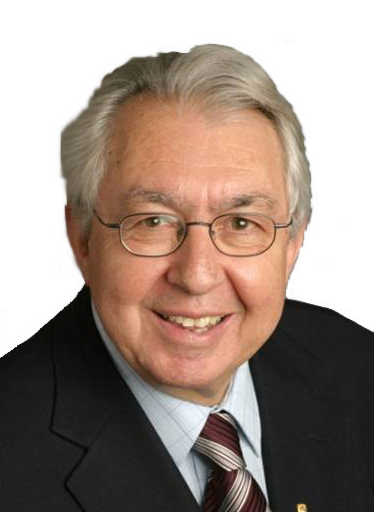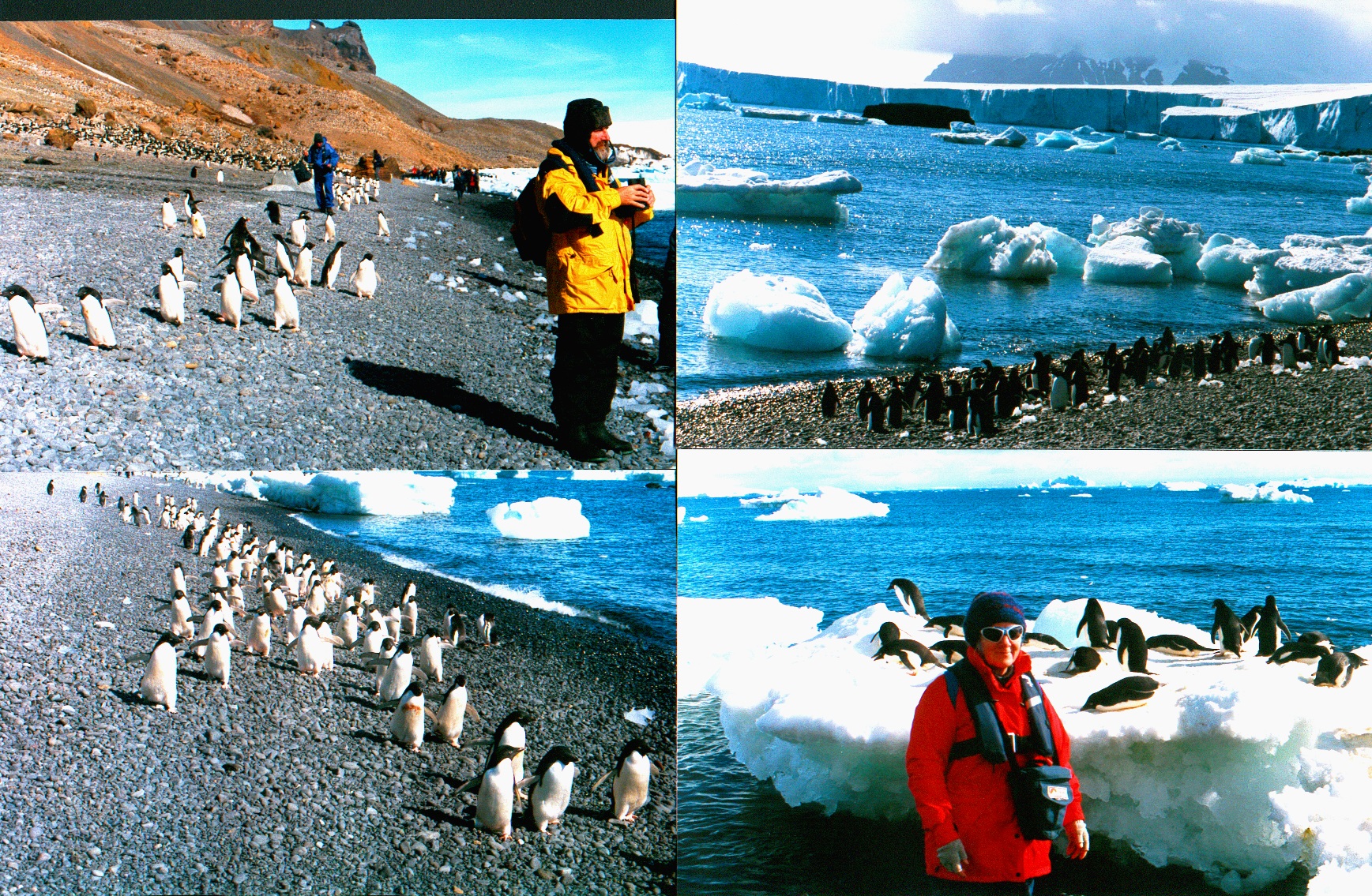It takes vision to see past current horizons. Meet some of the visionaries who support Perimeter.
Gluskin Sheff + Associates
 Finance and physics are mathematical fields, but it isn't a knack for numbers that drew Gluskin Sheff + Associates to Perimeter Institute. It's the shared ethos of innovation. Founded in 1984, the firm prides itself on leadership and innovative thinking, traits that have vaulted the firm into Canada's upper echelons of wealth management.
Finance and physics are mathematical fields, but it isn't a knack for numbers that drew Gluskin Sheff + Associates to Perimeter Institute. It's the shared ethos of innovation. Founded in 1984, the firm prides itself on leadership and innovative thinking, traits that have vaulted the firm into Canada's upper echelons of wealth management.
That's why the firm's President and CEO Jeremy Freedman saw Perimeter as a natural partner. "At Gluskin Sheff, we see ourselves as innovators, and we're proud to be associated with Perimeter Institute because Perimeter is a global leader and innovator as well," Freedman said. "We believe Canadian institutions can be as good as anyone in the world – Perimeter has proven that, and we believe Gluskin Sheff is proving that as well."
The Gluskin Sheff Freeman Dyson Chair in Theoretical Physics at Perimeter Institute is supported by Gluskin Sheff's $2 million donation, matched by Perimeter. It is named after one of the 20th century's most distinguished and well-known scientists, whose work continues to influence many branches of physics. Inaugural chairholder Freddy Cachazo's work is anticipated to have similar impact.
Savvas Chamberlain
Chairman (retired) and Founder, Teledyne DALSA Corporation
Savvas Chamberlain knows better than most people that today’s theoretical physics is tomorrow’s technology. After all, he’s a scientist and inventor who turned his deep expertise in CCD image sensors (the kind of sensors inside high-end digital cameras) into a company called DALSA. Today, DALSA is a global leader in high performance imaging and semiconductors. Their image sensors are even inside NASA’s Mars Rovers.
It wouldn’t have happened without physics. Semiconductors (of which CCDs are a type) were invented by theoretical physicists: Willard Boyle (a Canadian) and George Smith from Bell Labs, who were awarded the Nobel Prize for their work. The connection is even deeper, as CCDs rely on the photoelectric effect, described by Albert Einstein in 1905.
The breakthroughs made by the great physicists of the past have shaped our modern world in deep and surprising ways. And the breakthroughs made by the great physicists of the present – who knows where they will take us?
The beauty of investing in these breakthroughs is that the price tag does not have to be high. This isn’t “big science” with its high-priced equipment. Theoretical physics is work done largely on chalkboards.
By lending their support to the Perimeter Institute, far-sighted individuals like Savvas Chamberlain can help make the breakthroughs that will change the world.
Cowan Foundation
The Cowan Foundation was a lead sponsor of Perimeter Institute’s Power of Ideas travelling science exhibition during Canada150. This Exhibition provided youth and families with hands-on opportunities to explore the process of innovation, while celebrating Canadian thinkers, science, and innovators.
Power of Ideas allowed over 107,000 people, including 74,000 youth, in 191 communities across the country to explore the incredible ability of the human mind to question, make, and innovate.
Thank you to Cowan for their generous support!
Watch: Power of Ideas Tour
Mike Cannell and Judith Desbrisay
In decades of exploration, from the Arctic to Antarctica and many places in between, Mike Cannell and Judith DesBrisay have witnessed two compounding losses: the wild places they love are suffering due to climate change, while public faith in the scientific process that could help address those issues is quickly eroding.
That, in a roundabout way, led them to support Perimeter Institute as private donors. It's not as big a stretch as it seems. Cannell fabricated components for TRIUMF before spending more than 20 years as a college administrator. DesBrisay was a nurse who sought out remote postings, and an artist whose works explore the relationship between people, environment, and science.
They hope Perimeter and institutes like it can help bolster the case for science by raising awareness about how essential it is to a healthy society and a healthy planet.
"Because we've travelled from pole to pole, we can say with great certainty that the planet's not doing well," Cannell said. "Perimeter won't provide solutions to global problems, but we might learn something interesting for the sake of knowledge."


